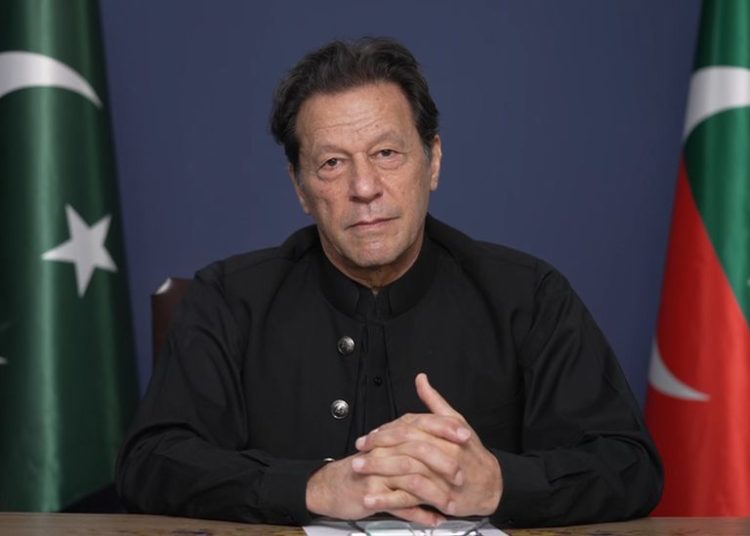In a courageous display of dissent, several hundred Tunisians bravely took to the streets of the capital, Tunis, to protest against the escalating restrictions on freedom of expression. Chanting “down with the dictatorship,” The protesters voiced their opposition to a series of arrests made under a presidential decree, which they believe is being used to suppress dissent.
Since the 2011 revolution, Tunisia has been hailed as a beacon of open media in the Arab world. However, this reputation is now under threat. Politicians, journalists, and unions have voiced their concerns about the severe curtailment of press freedom under the rule of President Kais Saied, who ascended to power through free elections in 2019.
Recent events have sparked significant alarm among the populace, with two Tunisian media figures receiving one-year jail sentences for making comments deemed critical by the authorities. These sentences are the latest in a series of prosecutions under Decree 54 issued by President Saied in 2022, which prohibits the “spreading of false news.”
During the protest in Tunis, demonstrators chanted “Down with the decree” and directed their dissatisfaction towards President Saied with the slogan “Dictator Kais, it’s your turn now,” drawing parallels to the Arab Spring uprising that led to the ousting of former leader Zine El Abidine Ben Ali in 2011.
President Saied’s actions have been met with controversy. Two years after his election, he dissolved the elected parliament and began ruling by decree, effectively taking control of the judiciary. This move was denounced as a coup by the opposition. Since then, a wave of prosecutions and imprisonments of critics has ensued, further fueling the dissent.
The recent sentencing of broadcaster Borhen Bsaies and political commentator Mourad Zeghidi to one-year jail terms has sparked further outrage. Both individuals were sentenced for spreading “false news” and “spreading news that includes false information with the aim of defaming others” under Decree 54. During the hearing, they defended their journalistic work, prompting their lawyer, Kamel Massoud, to condemn the decree as “unconstitutional” and express concern about the politicization of the judiciary.
The impact of these developments is significant, with a total of six journalists now imprisoned under Decree 54, and over 60 journalists, lawyers, and opposition figures prosecuted under the same decree, according to the National Syndicate of Tunisian Journalists. Furthermore, the arrests of activists and journalists in May have drawn strong criticism from international human rights organizations, including Amnesty International and Human Rights Watch, as well as from the United Nations, the European Union, the United States, and France.
Amid the growing condemnation, President Saied has dismissed the criticism as foreign “interference” and rejected accusations of authoritarian rule, emphasizing that his actions are aimed at addressing years of “chaos and corruption” in the country. However, the ongoing crackdown on dissent and the impact on freedom of expression continue to be subjects of concern both domestically and internationally.
















